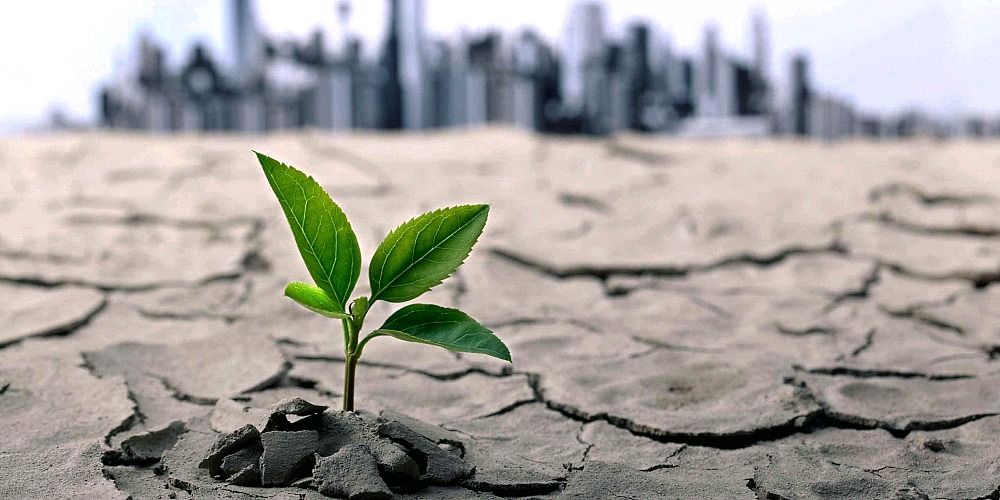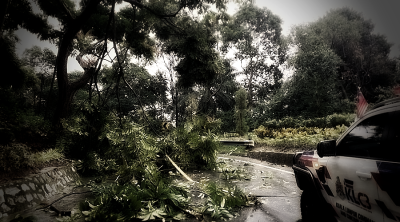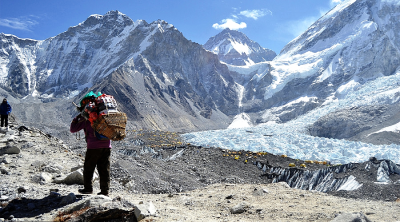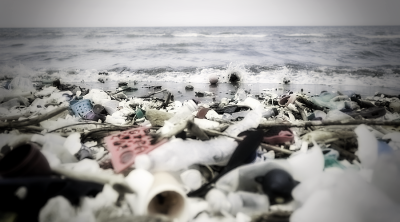The title of this article may sound alarmist, but it is based on reality.
And the current reality about climate change really sucks!
The negative effects of climate change are already happening every day in our lives in Malaysia and around the world.
“The world’s on fire,” yet most people seem to be so complacent about it.
Almost every single day, we get news reports and analyses about catastrophic storms, heatwaves, droughts, floods, rising sea levels, disruptions of agriculture and food production, destruction of biodiversity, and the rise in tropical diseases, heart and mental health problems.
Images of devastation caused by cyclones and tornadoes happening now on our planet are shocking, to say the least.
The current heatwave, which we have never experienced such high temperatures in our country before, can be a deadly and cryptic warning sign of worse things to come.
Even the UN has already issued a warning recently that 2023 to 2027 will be the hottest five-year period ever recorded, partly contributed by the El Niño effect which in turn is linked backed to climate change.
Climate change is also a major threat to world peace, which is defined as humanity living in harmony and peaceful coexistence with one another and with Mother Nature.
Moaning and groaning about the problem will not solve anything. Instead, it may make many people even more disillusioned and hopeless about the situation.
We cannot afford to be indifferent or numbed to such occurrences, even though many of us may not be adversely affected yet.
As responsible citizens of this country and the world, we would need to do more, much more. We will address this matter in Part 2 about “Way Forward.”
Let’s start from the beginning to explain what climate change is all about in laypeople’s language.
Climate change or global warming is a phenomenon about the warming of the Earth’s atmosphere via the “greenhouse effect” caused by the build-up in the atmosphere of a growing invisible layer of greenhouse gases, especially CO2 (which is actually inert and non-toxic).
This layer is trapping heat originating from sunlight in the atmosphere.
Climate change, probably the most destructive form of environmental degradation, was catapulted into the global environmental consciousness at the UN Rio Earth Summit in 1992.

For the first time in history, heads of governments of the world got together in Rio de Janeiro to discuss the serious problems linked to environment and development from a global perspective.
From this conference, the concept of “sustainable development” was adopted from the famous Brundtland Report of 1987, and is defined as the utilization of current resources to meet the needs of the present without compromising the ability of future generations to meet their own needs.
It became a central theme of the global environmental agenda.
Climate change is the result of a classic case of unsustainable utilization of fossil fuels (coal, shale, oil & gas) since the start of the Industrial Revolution in the West from 1760, in which the new and aggressive capitalist forces’ mechanized production have unleashed mega tons of CO2 into the atmosphere.
The increase of agricultural activities and farming has also produced much methane (especially from cows), another greenhouse gas, into the atmosphere, further exacerbating the situation.
The accelerated rate of global warming today is due to far too much man-made greenhouse gases building up in the atmosphere within such a short period of time since 1760 (about 260 years) in the Earth’s history of 4.5 billion years.
Extreme climate change is upsetting the earth’s delicate ecosystem and if left unchecked, would cause the end of Humanity as we know it.
The biggest culprits of climate change are the oil & gas industry, as the main producers or extractors of fossil fuels, and the transportation and logistics industry as the main end users or consumers of such unsustainable and non-renewable energy.
An important question about sustainable development which has not been satisfactorily answered so far is: if there are still abundant reserves of coal, shale and oil & gas left on this planet, how can utilizing these resources be considered totally unsustainable for the future generations?
The simple answer is that excessive utilization of such finite, depleting and non-renewable resources (fossil fuels) has also created the phenomenon of climate change and the havoc that it is causing now.
Therefore, this disastrous climate change would certainly undermine the ability of future generations to organize and meet their needs, even if sufficient fossil fuels are still available.
There has been too much talk and too little action since the Rio Earth Summit by Western industrialized countries, the main polluters of greenhouse gases.
The industrialized West should bear a heavier responsibility (as the main polluters) to mitigate and address the problem instead of asking poorer developing countries to sacrifice and slow down their economic development.
The transition to renewable energy is not cheap and easy. It will require significant capital investment in new technologies which the poorer countries cannot afford at the moment.
Many schemes proposed by the developed countries to assist poorer countries in this regard have still not been properly implemented yet. There’s still too much talk and too little action by the industrialized West.
When it comes to climate change as a global phenomenon that transcends borders, we cannot take the selfish NIMBY (Not In My Backyard) approach, which is the norm when dealing with local air, water and toxic waste pollution.
The other form of air pollution is the local emission of toxic gases contaminating the local air quality, which can be deadly and would usually have an immediate effect such as the Bhopal disaster in December 1984 which killed an estimated 8,000 people within two weeks.
(Heidi Young and Vanessa Wong are from a think tank unit under the Ipech Museum Group, Kuala Lumpur.)
ADVERTISEMENT
ADVERTISEMENT







































